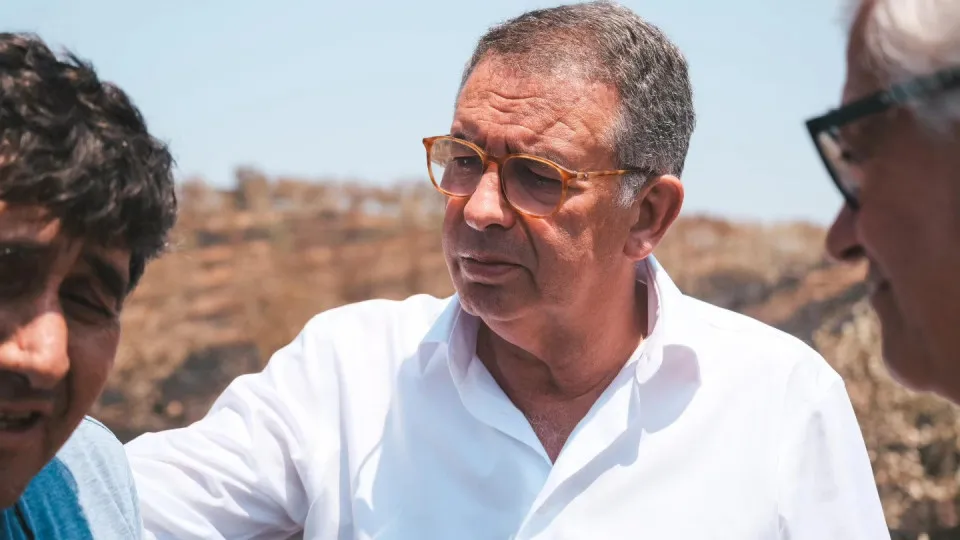
The film was created within a research project focused on rural women and gender inequality, providing a platform for rural women who were silent protagonists of change during the transition from the Estado Novo regime to the April 1974 revolution.
‘Mulheres, Terra, Revolução’ is being screened today on the first day of the Olhares do Mediterrâneo festival. The official opening of this 12th edition, however, is divided into two parts as the opening film, ‘Where the wind comes from’, by Tunisian director Amel Guellaty, will premiere on Thursday at the São Jorge Cinema.
The festival features “a program that emphasizes social injustice, militancy, and rebellion, alongside private life, emotions, and affections,” showcasing 63 films from 29 countries, as stated in the presentation note.
The Portuguese cinema selection includes works such as “Isto não é um jardim” by Marta Pessoa, ‘Guardadoras de Histórias, Guardiãs da Palavra’ by Raquel Freire, featuring writers from the Afro-Luso-Brazilian sphere, such as Gisela Casimiro and Ana Paula Tavares (2025 Camões Prize winner), the animation ‘Amanhã não dão chuva’ by Maria Trigo Teixeira, and ‘As Minhas Sensações São Tudo o Que Tenho Para Oferecer’ by Isadora Neves Marques.
The festival, running until November 6, explores themes including environmental issues, sexual harassment and gender violence, Israeli occupation of Palestine, Sahrawi women’s fight for independence, Kurdish and Yazidi women’s stories, refugees and forced migration, racism, and colonialism.
From November 3 to 6, four films by two female directors, Bosnian Jasmila Zbanic and Serbian Mirjana Karanovic, addressing the violence and genocide of the Yugoslav Civil War (1991-2001) and its impacts on lives, will be screened at the Cinemateca Portuguesa.
Venues for this edition include Cinema São Jorge, Cinemateca Portuguesa, Museu do Aljube, Casa do Comum, ISCTE-University Institute of Lisbon, and the Goethe-Institut.
The festival is organized by Olhares do Mediterrâneo – Associação Cultural in partnership with CRIA – Center for Research in Anthropology.




